 An industrialist is concerned that Ghana’s current good economic indicators as announced by President Nana Akufo-Addo are not reflecting on the prices of raw materials.
An industrialist is concerned that Ghana’s current good economic indicators as announced by President Nana Akufo-Addo are not reflecting on the prices of raw materials.
Mr Ebenezer Hammah, an Engineer and the Chief Executive Officer of McHammah Engineering, said in practical terms, good economic indicators must lead to a reduction in prices of raw materials for industries.
He said commodity price increases impact the product‘s final price more severely than other positions in the industrial calculation.
Mr Hammah expressed this concern in an interview with the Ghana News Agency in reaction to the President’s 2018 State of the Nation Address.
The President in his address to Parliament on February 8, said: “We have reduced taxes, we are bringing down inflation and interest rates, economic growth is increasing, from the alarming 3.6 percent at December 2016, to 7.9 percent in our first year, and the indications are that it will be even better this year.”
“We have increased our international reserves, maintained relative exchange rate stability, reduced the debt to gross domestic product (GDP) ratio and the rate of debt accumulation, we have paid almost half of the arrears inherited, and, crucially, we are current on obligations to statutory funds,” the President said.
However, Hammah told the GNÀ that: “Early this year the prices of almost all our raw materials that we use in manufacturing increased.”
“So if the economic indicators are very good and it is faring, I want it to reflect on this prices, that it should go down but not increased.
“I am not challenging the fact that the economic indicators are wrong, but as a practical engineer, what I want to see is that the prices of the raw materials we buy and use them for our machines should go down,” he added.
Mr Hammah said: “So this year, we are expecting that it should rather go down but not up if all the economic indicators are all in place.”
Mr Ebenezer Hammah, an Engineer and the Chief Executive Officer of McHammah Engineering
“That is my layman’s view because if things are good and taxes reduced, GDP and everything is okay, it should reflect on the prices of the raw materials.”
On the One-District, One-Factory (1D1F) Mr Hammah said he was expecting the President to state in his address the number of factories established in 2017.
He recounted that in 2017 the Government’s projected target for the 1D1F was to create 51 factories and that he and other Ghanaians would like to know if that target had been met.
“How many factories have been established under 1D1F and how many engineers (Artisans) and manufacturers (locally) were engaged?” Mr Hammah quizzed.
He, therefore, urged Government to create more avenues in the area of technology and innovation by involving Engineers and artisans (locally) in developing and implementing government Policies, this he said would be an avenue for job creation especially for the youth.
“Ghana, just like Malaysia, China and the others, is also capable of developing its own indigenous technology and that there are equally great engineers and other technocrats here in Ghana who can make it happen,” he said.
Source: Samcilla/BjrliveFM.com/021118/

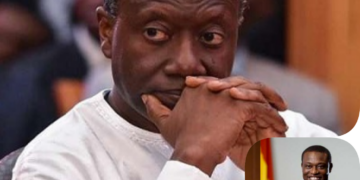

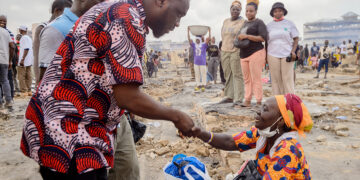


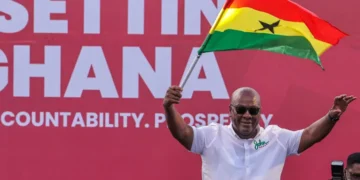


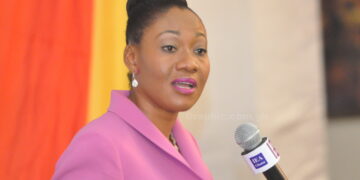
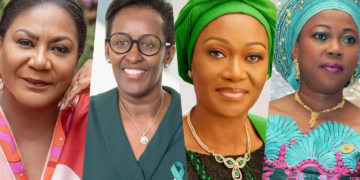










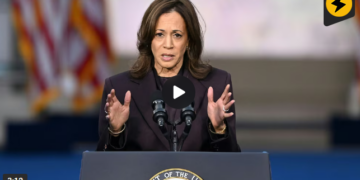
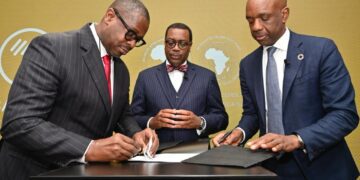
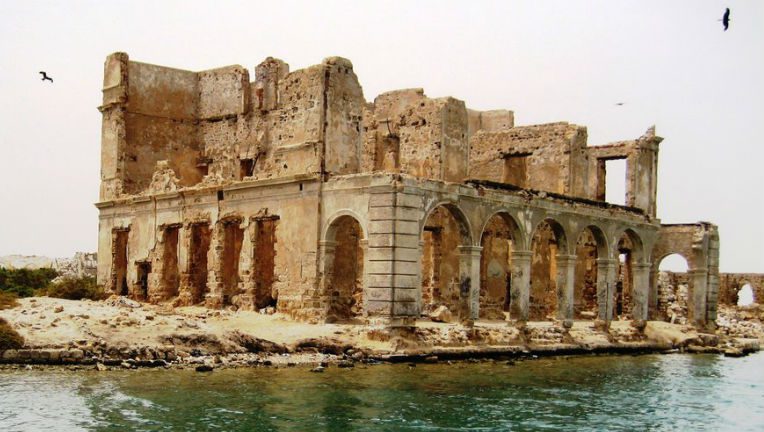

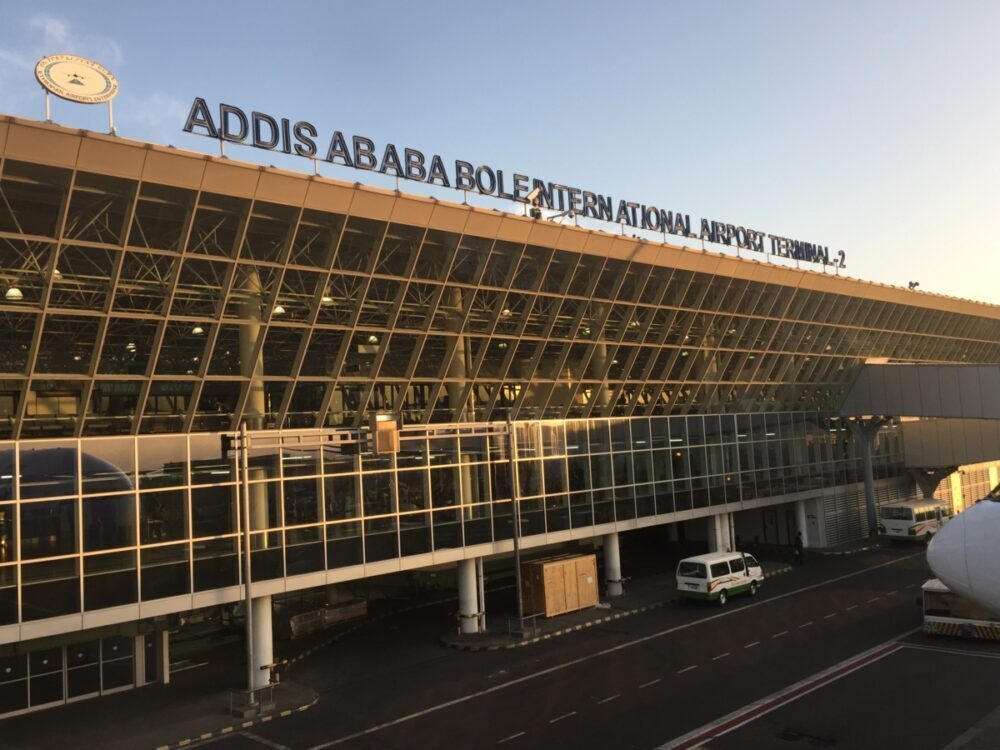














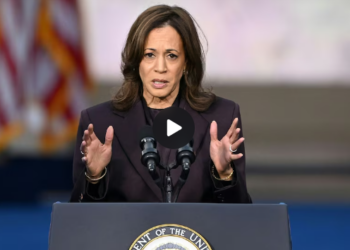














Discussion about this post